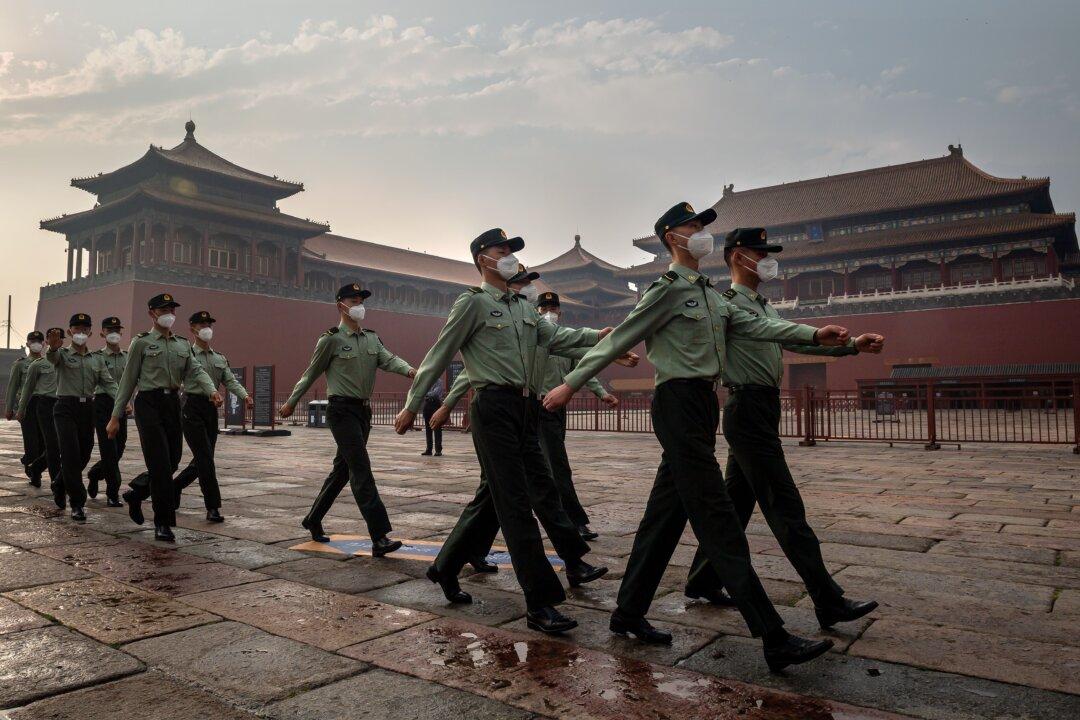It’s a case of buyer beware when investing in stocks of Chinese companies, not to mention businesses with significant operations in China.
And Canadians are more vulnerable than Americans are to financial fraud by Chinese businesses—such as overstated revenue and asset values—due to Canada’s use of international accounting standards that give greater leeway to a firm’s executives, according to investigative forensic accountant Al Rosen.
“People think they have this comfortable investment, but the point is, it’s wide open to manipulation,” Rosen told The Epoch Times.
Financial deception is part of a Chinese master plan, according to Carson Block, founder and chief investment officer of Muddy Waters Capital. He says China is waging an undeclared economic war against the West.
“This system whereby they protect frauds that list in the United States, and raise capital from U.S. investors, I think is one leg of a capital markets strategy. That is one leg of this undeclared economic war,” Block said.
He was speaking at a Securities and Exchange Commission (SEC) panel in Washington, D.C., on July 9, about investing in emerging markets (EM). The discussion concentrated on China almost exclusively, as it is the biggest allocation in EM at 41 percent, according to Morgan Stanley’s indices.
Corruption Leads to Fraud
Block explained that many EM lack the standard of rule of law found in western democracies. What’s problematic is that even if a company is listed on a North American stock exchange, the ability to enforce a Canadian or American court decision is limited in the foreign country.
With China having a much weaker rule of law, Block questions why business leaders there would be inclined to adhere to the more stringent western standards.
In China, the corruption cascades from the top down, Block said.
“If you have a corrupt leadership, much of the society will operate that way. And what that means is many of the people who come to control significant businesses—the kinds that list in the U.S.—are beneficiaries and participants in that system,” he said.
In a book Rosen co-authored with his son Mark, “Easy Prey Investors: Why Broken Safety Nets Threaten Your Wealth,” Rosen said some of the common financial manipulations include overstating profits and cash flows. Other schemes include excessive executive pay through flawed compensation agreements.
Investors looking for growth were fooled into thinking that the once TSX-listed Sino-Forest was a proxy for China’s economic rise. But the Ontario Securities Commission (OSC) found that the company had falsified assets and sales records and given inaccurate statements to external auditors. In 2017, the OSC ruled that Sino-Forest had defrauded investors and misled investigators.
The U.S. firm Muddy Waters was instrumental in bringing about the end for Sino-Forest in 2011.
Companies like Sino-Forest locate themselves in Canada by design, Rosen wrote.
“In fact, Canadian investors are much better protected by U.S. regulators than they are by regulators in their own country,” he said in his book.
Where Canada is more vulnerable than the United States, Rosen argues, is due to the accounting standards it follows—international ones that use “current value accounting.” This method is more easily abused, as companies can apply overly rosy assumptions, such as the likelihood of revenue collection or price appreciation of an asset—as opposed to recording it at cost, according to the U.S. standard, the Generally Accepted Accounting Principles (GAAP).
For Chinese or other EM assets, such as infrastructure and even some infrequently traded stocks—known as Level 3 assets, where there are no recent prices determined between buyers and sellers—Rosen says it’s a bad combination for Canada to be using international accounting standards.
“You’ve got a problem of how can I possibly calculate a current value, without making a dozen or so assumptions,” Rosen said.
In recent months, the United States has ramped up efforts to crack down on Chinese companies, as it is a matter of grave apprehension for the White House; however, similar concerns in Canada fall on the shoulders of the provincial authorities, who have not attempted similar efforts.





